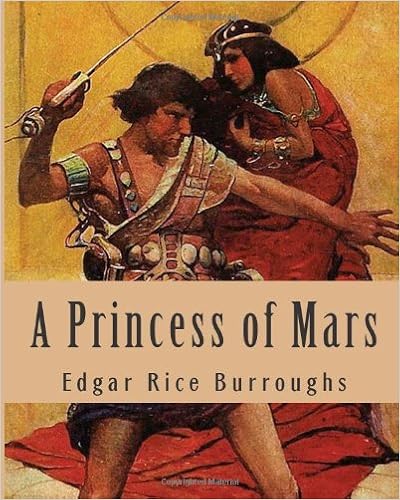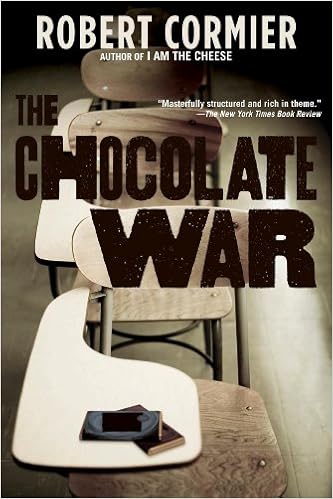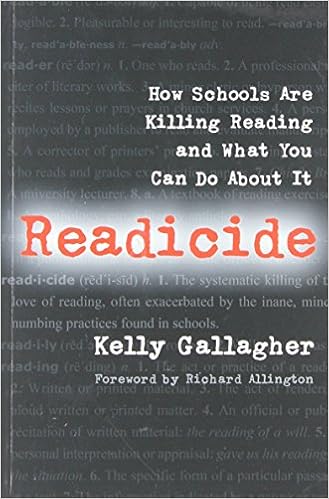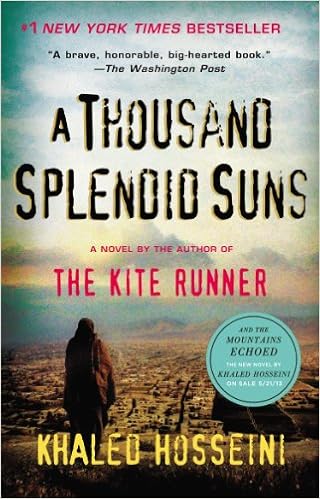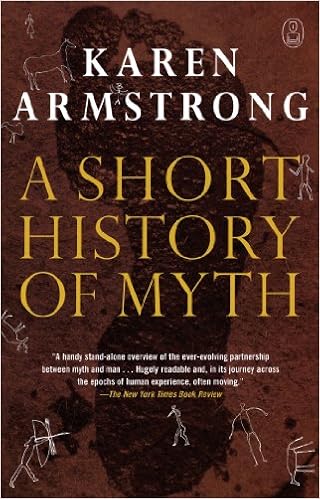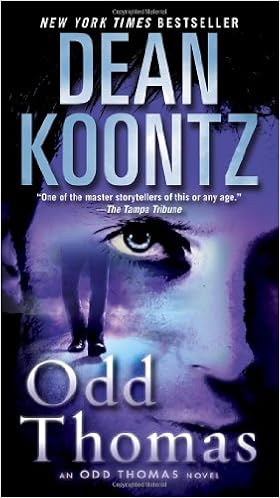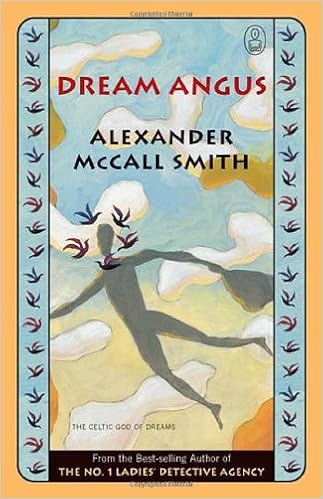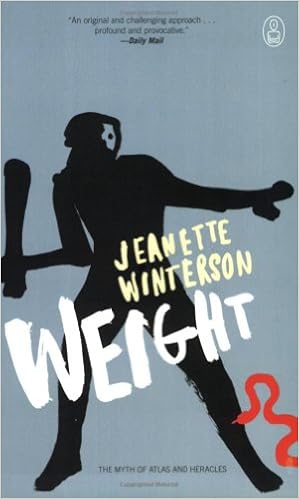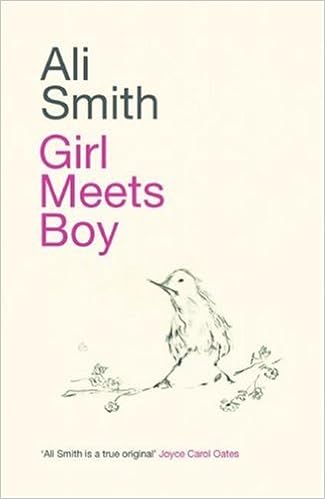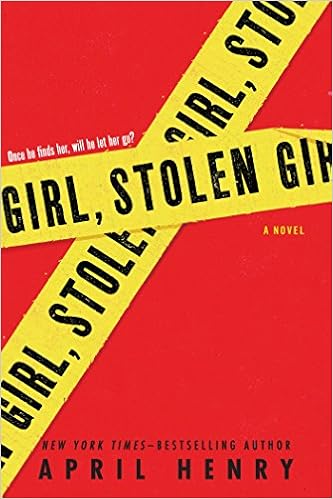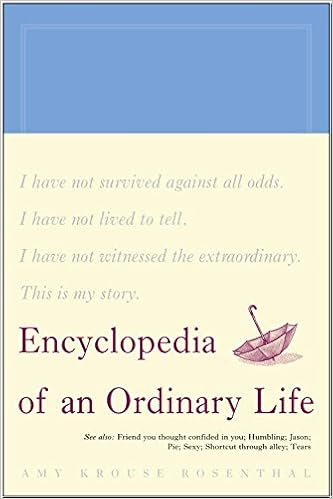I probably won't be able to keep up this rate, but it's still a great start to the year!
1.
2.
3.
4. The Gods of Mars by Edgar Rice Burroughs (B)
5. The Warlord of Mars by Edgar Rice Burroughs (B)
6. Thuvia, Maid of Mars by Edgar Rice Burroughs (B)
7. The Chessmen of Mars by Edgar Rice Burroughs (B)
8. Thrilling Tales edited by Michael Chabon
9. The White Tiger by Aravind Adiga
10.
11. Night Circus by Erin Morgenstern (RR)
12. Our Man in Havana by Graham Greene (RR)
13. The Archer's Tale by Bernard Cornwell
14.
15. Little Bee by Chris Cleave
16. In the Name of Salome by Julia Alvarez
17.
18.
19.
20.
21. Quantum Gravity Book One: Keeping it Real by Justina Robson (B)
22. Quantum Gravity Book Two: Selling Out by Justina Robson (B)
23. Quantum Gravity Book Three: Going Under by Justina Robson (B)
24. Quantum Gravity Book Four: Chasing the Dragon by Justina Robson (B)
25. Witch World by Andre Norton
26.
27. The Falcons of Fire and Ice by Karen Maitland
28. Perfect Peace by Daniel Black
29. City of Dark Magic by Magnus Flyte
30. The Patron Saint of Liars by Ann Patchett
31. Perdita by Hilary Scharper
32. Uglies by Scott Westerfeld
33. The Color of Water: A Black Man's Tribute to His White Mother by James McBride
34.
35.
36.
37. Binu and The Great Wall: The Myth of Meng by Su Tong
38.
39. The Helmet of Horror: The Myth of Theseus and the Minotaur by Victor Pelevin
40.
41. Paper Towns by John Green (B)
42. Telegraph Avenue by Michael Chabon
43.
44. Thinking Through Genre: Units of Study in Reading and Writing Workshops 4-12 by Heather Lattimer (B)
45. Writing About Reading: From Book Talk to Literary Essays, Grades 3-8 by Janet Angelillo (B)
46. Inside Writing: How to Teach the Details of Craft by Donald H. Graves and Penny Kittle(B)
(RR = Reread, B = Borrowed)
